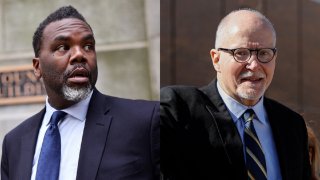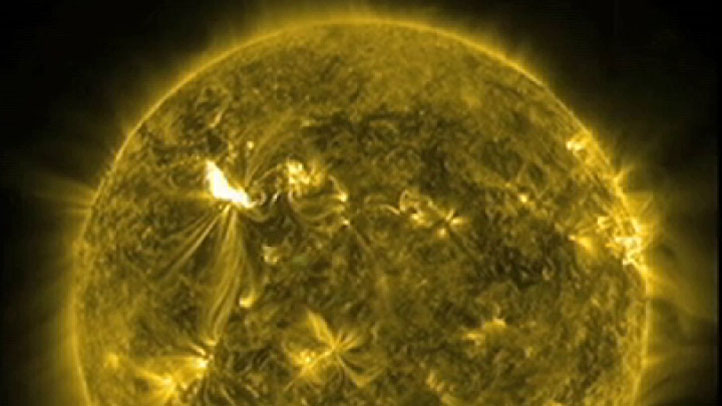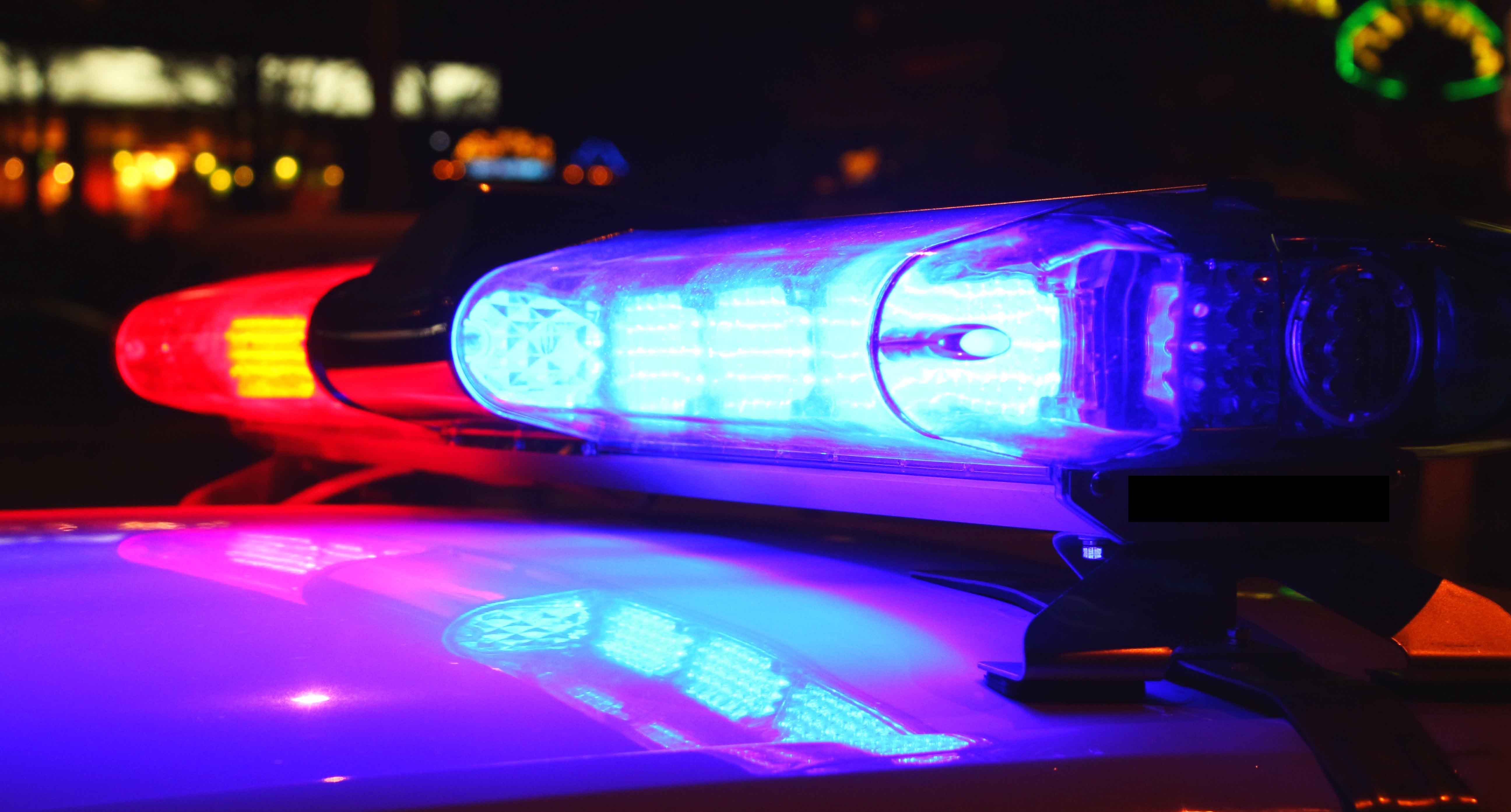
A new poll for Chicago's upcoming mayoral runoff election from Northwestern University's Center for the Study of Diversity and Democracy shows the race in a dead heat, with both Paul Vallas and Brandon Johnson receiving 44% of the overall vote in the survey.
The nonpartisan poll was conducted by BSP Research and operated by the university alongside a coalition of Black and Latino nonprofit organizations, including the Hispanic Federation, Illinois Black Advocacy Initiative, Latino Policy Forum and Latino Victory Project.
With both candidates tied at 44% support, 12 percent of the poll's respondents remain undecided on next week's election.
According to BSP Research, the poll's margin of error is plus-or-minus 2.8%.
When the results were broken down by race/ethnicity, clear divides were shown between the potential performance of the two candidates.
Johnson was the preferred candidate of 55% of Black respondents to the poll, whereas 28% favored Vallas.
Of the Latino voters surveyed, 46% said that they were leaning toward Vallas, while 35%responded that they favored Johnson.
Local
A polarizing split was also observed with white respondents of the poll, as 51% favored Vallas while 42% indicated they preferred Johnson.
Among the poll's findings was that both candidates have plenty of work to do when it comes to outreach, particularly with Black and Latino voters.
Feeling out of the loop? We'll catch you up on the Chicago news you need to know. Sign up for the weekly Chicago Catch-Up newsletter here.
When the survey's respondents were asked if a campaign or other local organization has asked them to vote, 43% of likely voters said they had not been contacted.
Latino and Black voters who responded to the survey were more likely to have not been contacted, as 47% of Latino voters and 46% of Black voters said that neither campaign nor an organization has reached out to them.
For likely white voters who responded to the survey, 62% indicated that a campaign or local organization has reached out and asked them to vote.
The poll, developed by the Northwestern University coalition and conducted by BSP Research, was designed to help gain a better understanding of the issues that are driving Black and Latino Chicagoans to the polls.
The survey's findings showed that reducing crime is the top priority for voters in next week's election.
Half of the survey's respondents said reducing crime was an important issue, with 49% of Latino voters, 53% of Black voters and half of white voters citing crime as the most important issue.
However, voters responded to crime vastly differently depending on their age. Among registered voters over the age of 65, 80% indicated that crime was an important issue. For voters ages 18-29, just 31% labeled reducing crime as an important issue.
As for what voters see as the second most important issue in the upcoming election, 30% of Black respondents indicated that it was police reform.
For 35% of Latinos and 31% of white voters, the rising cost of living ranked as the second most important issue.
Chicagoans of different ages broke heavily in different directions in the recent poll as well, with 60% of respondents ages 65 and older favoring Vallas and just 22% supporting Johnson.
Among voters ages 18 through 29, Vallas' support was significantly lower at 29%.
Lower-income voters may also be a bellwether in the upcoming election, as 29% of those making less than $40,000 annually indicated that they remained undecided. Among those who earn $80,000 or more, Johnson leads with 46% of the vote to Vallas' 42%.
Voters who cast their ballot for the incumbent mayor are also likely to play a large factor in the upcoming election, as the survey indicates that 37% of Lightfoot voters remain undecided.
Johnson holds a significant lead among Lightfoot voters who have chosen their candidate however, with the survey's results showing 41% of Lightfoot voters backing Johnson to just 22% favoring Vallas.
As for voters who cast their ballot for Congressman Chuy García in the first-round election last month, Vallas holds a slight lead, with 38% of the vote to Johnson's 34%. Of García's voters surveyed, 27% remain undecided.
The poll surveyed a total of 1,500 likely voters from March 15 to March 23, and was conducted by cell phone, email invite or online voter panels. Interviews for the survey were conducted in both English and Spanish.
Of the survey's 1,500 respondents, 680 likely voters identified as white, while 385 identified as Latino and 345 identified as Black. According to the survey's results, 90 of the poll's 1,500 respondents identified as Asian or another race.
Any respondents who said they definitely wouldn't vote or were unlikely to vote were excluded, according to BSP Research.
More information on the poll's results can be found here.



